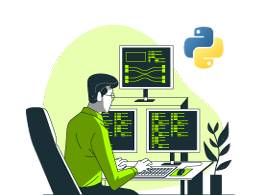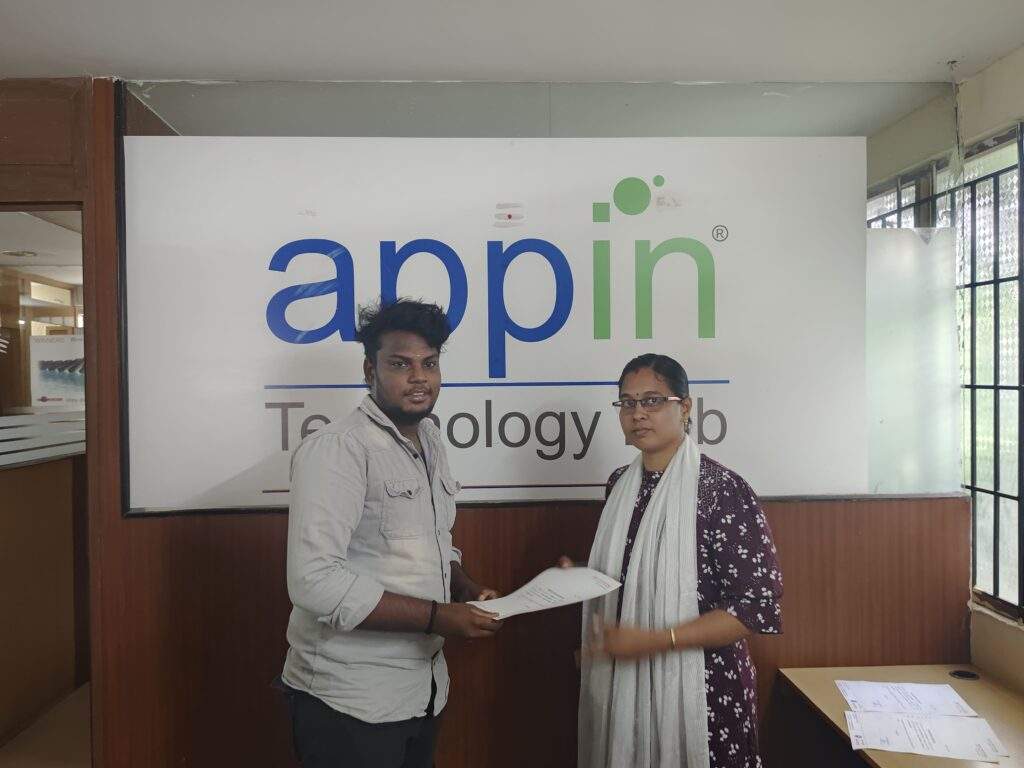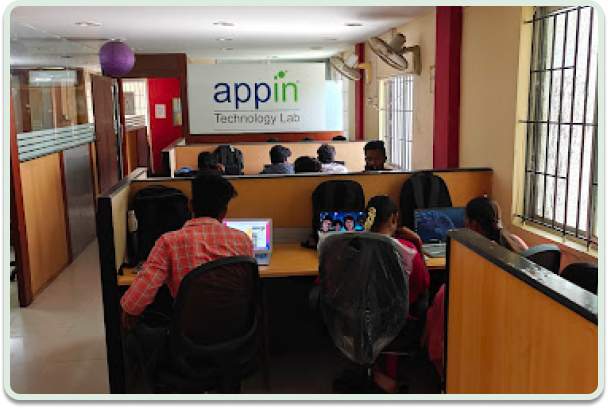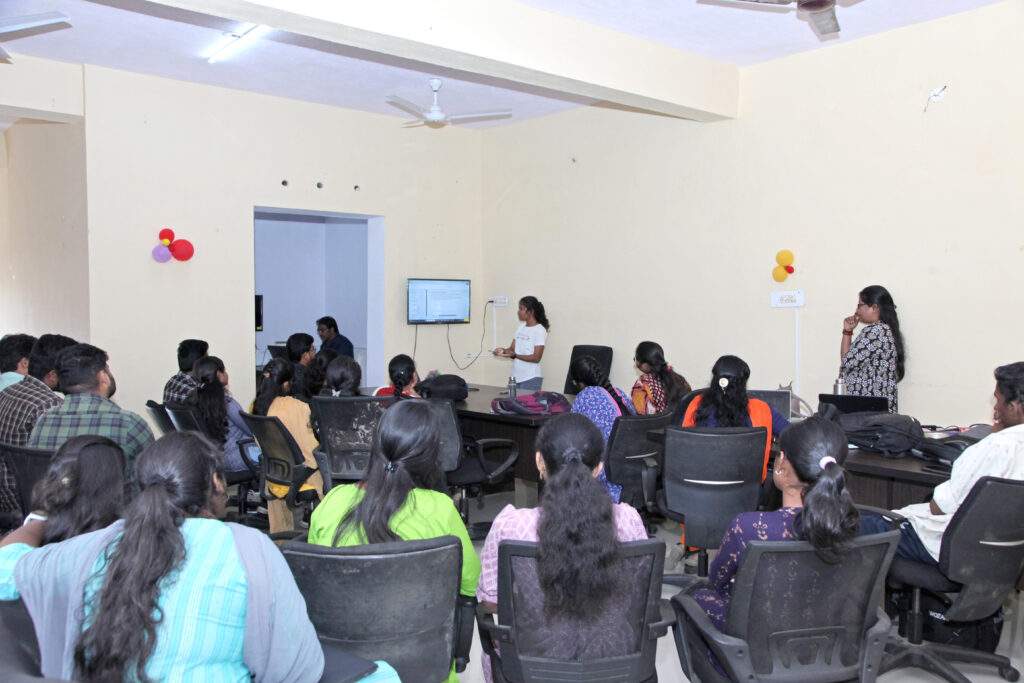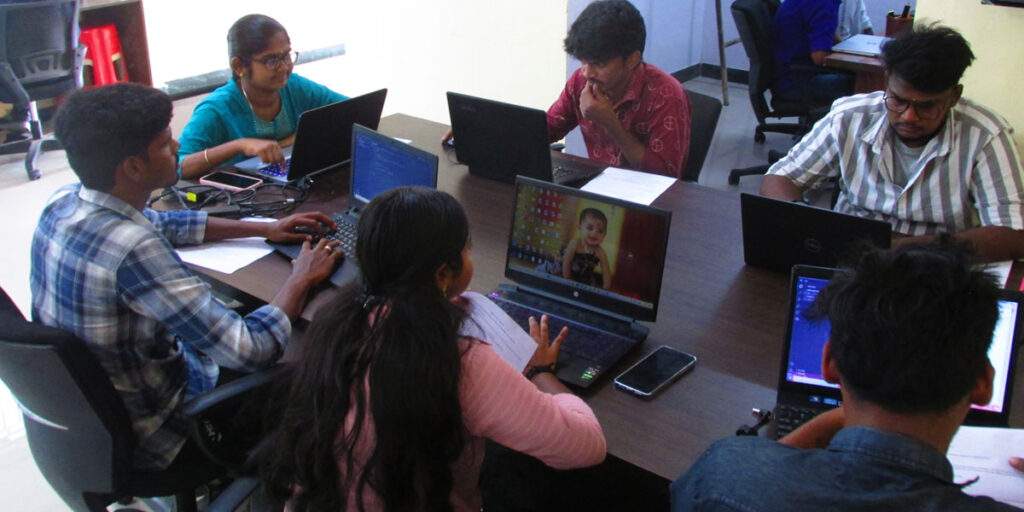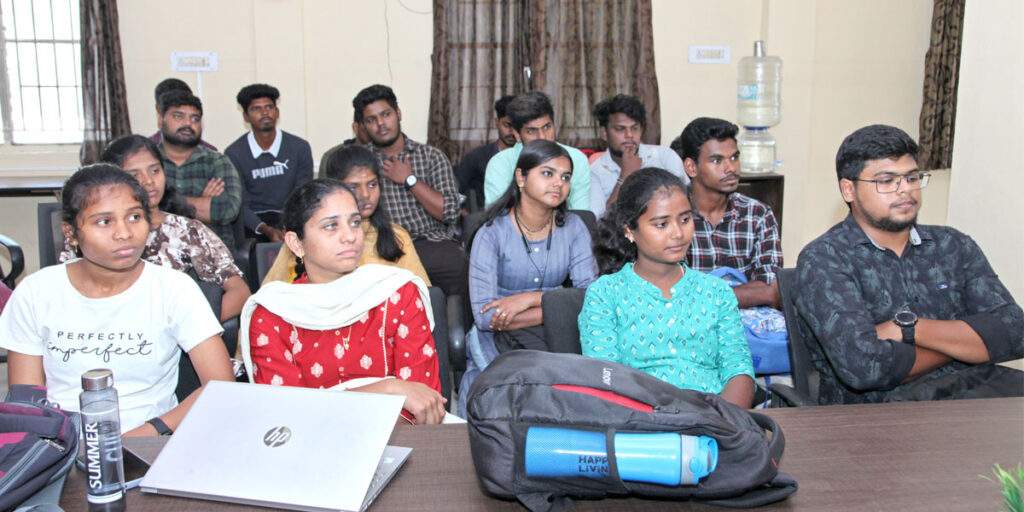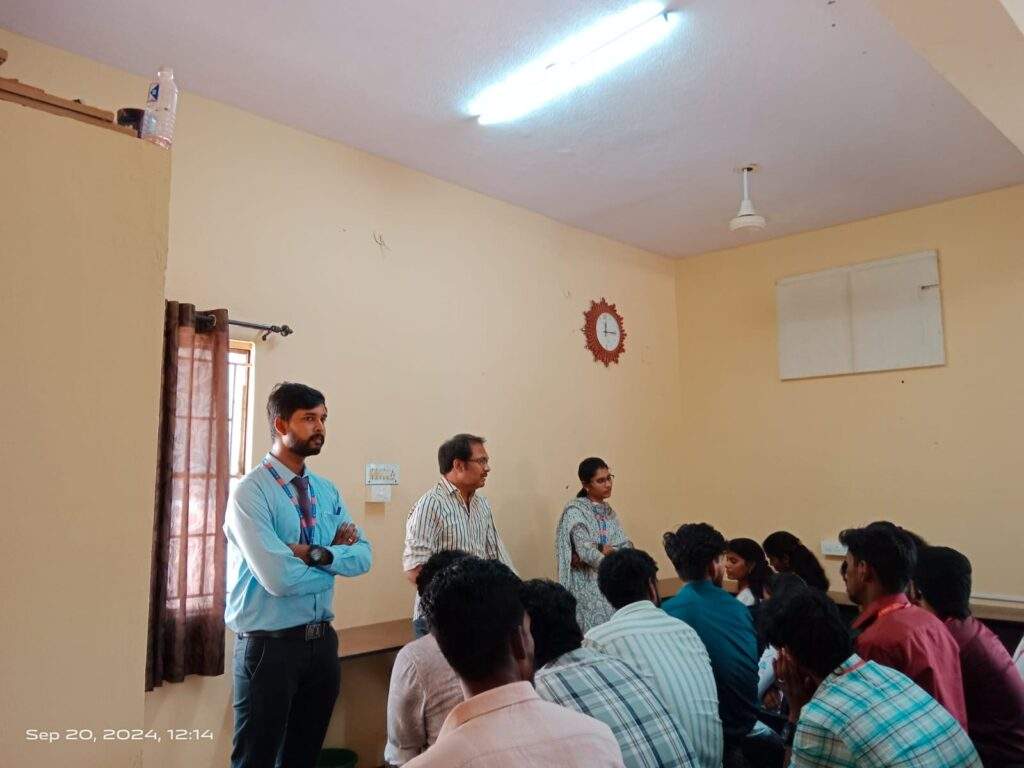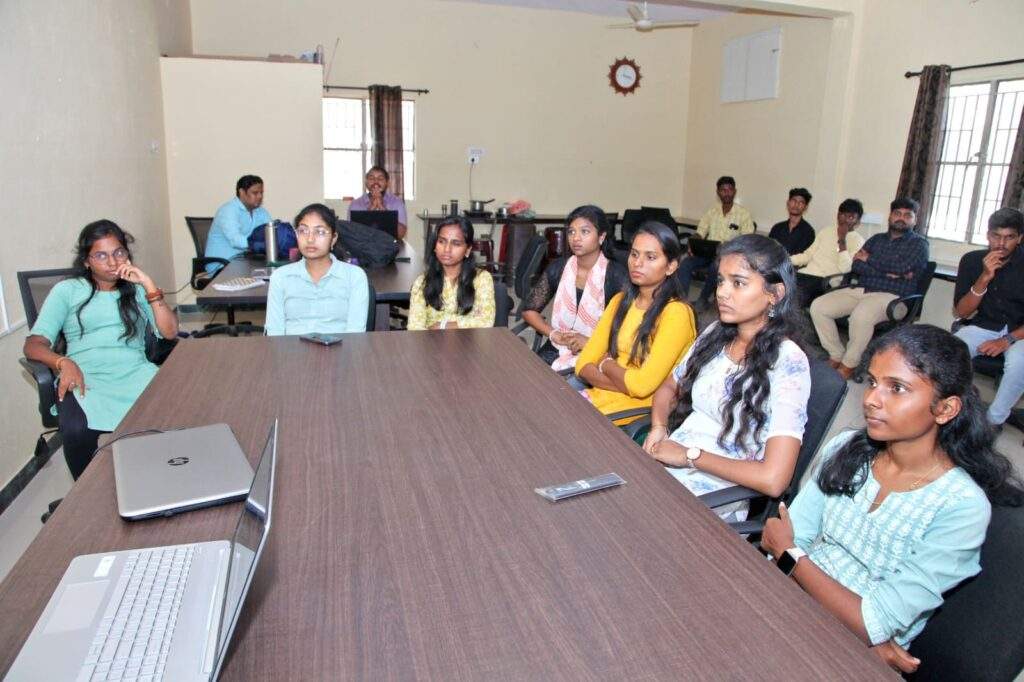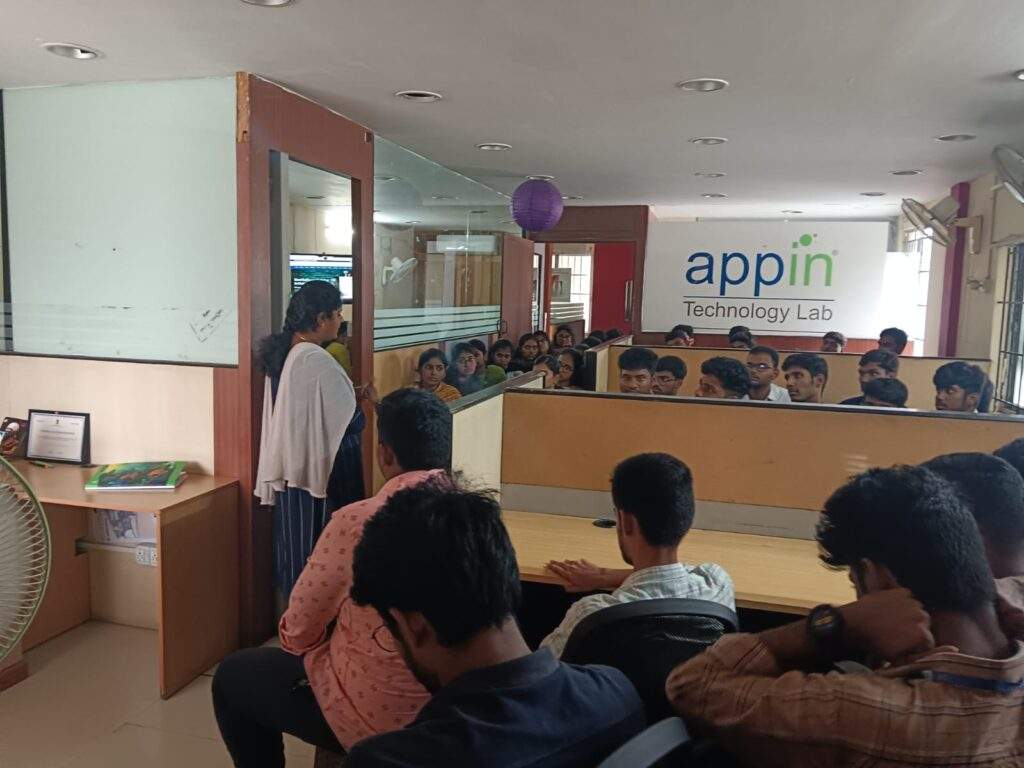Full stack Python programming refers to the practice of utilizing the Python programming language to develop web applications that encompass both the front-end and back-end components of the software stack. A full stack Python developer is proficient in working with Python frameworks and tools for both client-side (front-end) and server-side (back-end) development.
In full stack Python programming, the developer is responsible for handling various aspects of the web application, including user interfaces, databases, server-side logic, APIs, and deployment. They work with different technologies such as HTML, CSS, JavaScript, Python frameworks (such as Django or Flask), databases (such as PostgreSQL or MySQL), and other tools to build scalable and dynamic web applications.
Understand Web Development Fundamentals :
Gain a solid understanding of web development concepts, including client-side and server-side technologies, HTTP protocols, request/response cycle, and web architecture.
Master Python Programming :
Develop proficiency in Python programming language, including data types, control structures, functions, modules, and object-oriented programming (OOP) concepts. Learn how to write clean, efficient, and reusable code.
Front-End Development :
Learn front-end technologies such as HTML, CSS, and JavaScript. Understand how to create responsive and visually appealing user interfaces. Explore popular front-end frameworks like Bootstrap and libraries like jQuery.
Back-End Development :
Dive into back-end development using Python frameworks like Django and Flask. Learn how to build robust server-side applications, handle routing, manage databases, and interact with APIs. Develop skills in creating RESTful APIs.
Database Integration :
Understand the fundamentals of working with databases in web applications. Learn how to interact with databases using SQL and integrate databases with Python frameworks.
Web Application Security :
Learn essential security practices for web applications, including authentication, authorization, and data protection. Understand common security vulnerabilities and how to mitigate them in Python-based applications.
Deployment and DevOps :
Gain hands-on experience in deploying web applications to production environments. Learn about server setup, hosting platforms, and version control systems like Git. Understand the basics of DevOps processes and continuous integration/continuous deployment (CI/CD).
Project Work and Portfolio Building :
Work on real-world projects that simulate industry scenarios. Build a strong portfolio of web applications to showcase your skills to potential employers.
Industry-Relevant Skills :
Stay updated with the latest trends and best practices in full stack Python development. Learn about emerging technologies and frameworks to ensure your skills are aligned with industry demands.
Collaborative Learning :
Engage in group projects, discussions, and coding exercises to foster collaborative learning and teamwork. Develop communication skills and learn to work effectively in a development team.



